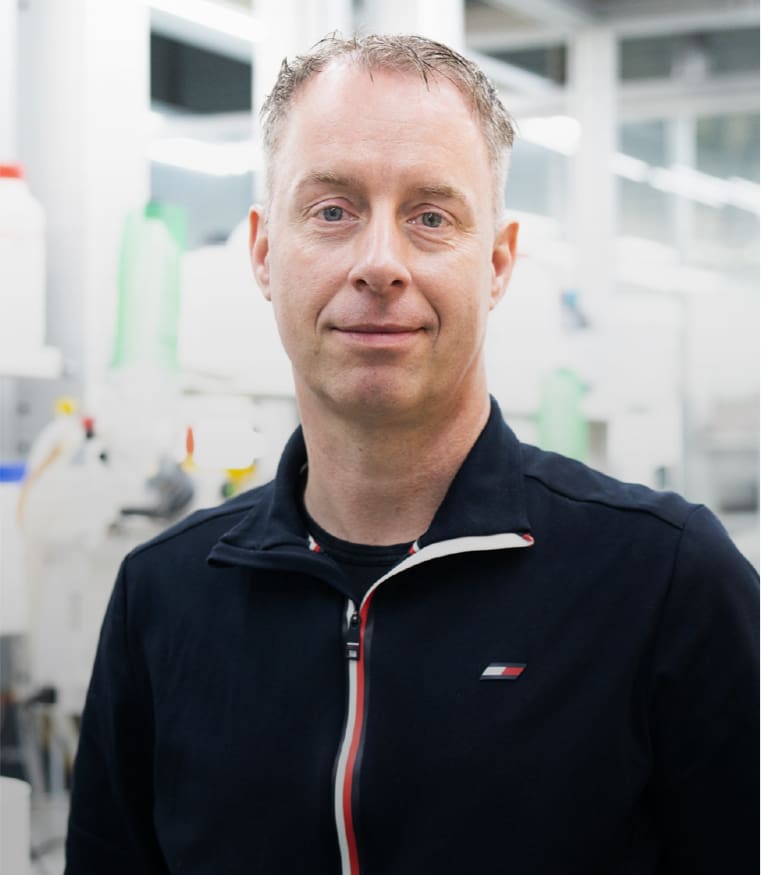Copolymerization of CO2 and Cyclohexene Oxide Mediated by Yb(salen)-Based Complexes
New catalysts based on Yb(salen) complexes active for the copolymerization of cyclohexene oxide (CHO) and CO2 to give poly(cyclohexene)carbonate (PCHC) are reported. In combination with cocatalytic, nucleophilic chloride additives these new (binary) catalysts provided good conversion and selectivity for PCHC formation with average turnover frequencies of up to 35 h–1 and narrow molecular weight distributions. The best results were obtained with the binary catalyst system 1 (0.1 mol %)/NBu4Cl (0.05 mol %); at 90 °C a conversion of 57% was reached after 18 h with a TOF of 31 h–1, and the polycarbonate had an Mn of 10.2 kg/mol and a PDI of 1.54. Comparative catalysis studies have also been performed with a series of literature systems based on transition metal/lanthanide salen complexes, and the newly presented catalysts show comparatively good activity as well as copolymerization selectivity. MALDI-ToF mass spectrometric analysis revealed that trace water contamination and/or traces of 1,2-cyclohexanediol were responsible for chain transfer effects limiting to some extent the maximum molecular weights that can be achieved in the current reactor setup.

A. Decortes, R. M. Haak, C. Martín, M. Martínez Belmonte, E. Martin, J. Benet-Buchholz, A. W. Kleij
Macromolecules 2015, 48, 8197-8207
DOI:
Go to the journal

Let's create a brighter future
Join our team to work with renowned researchers, tackle groundbreaking
projects and contribute to meaningful scientific advancements



















